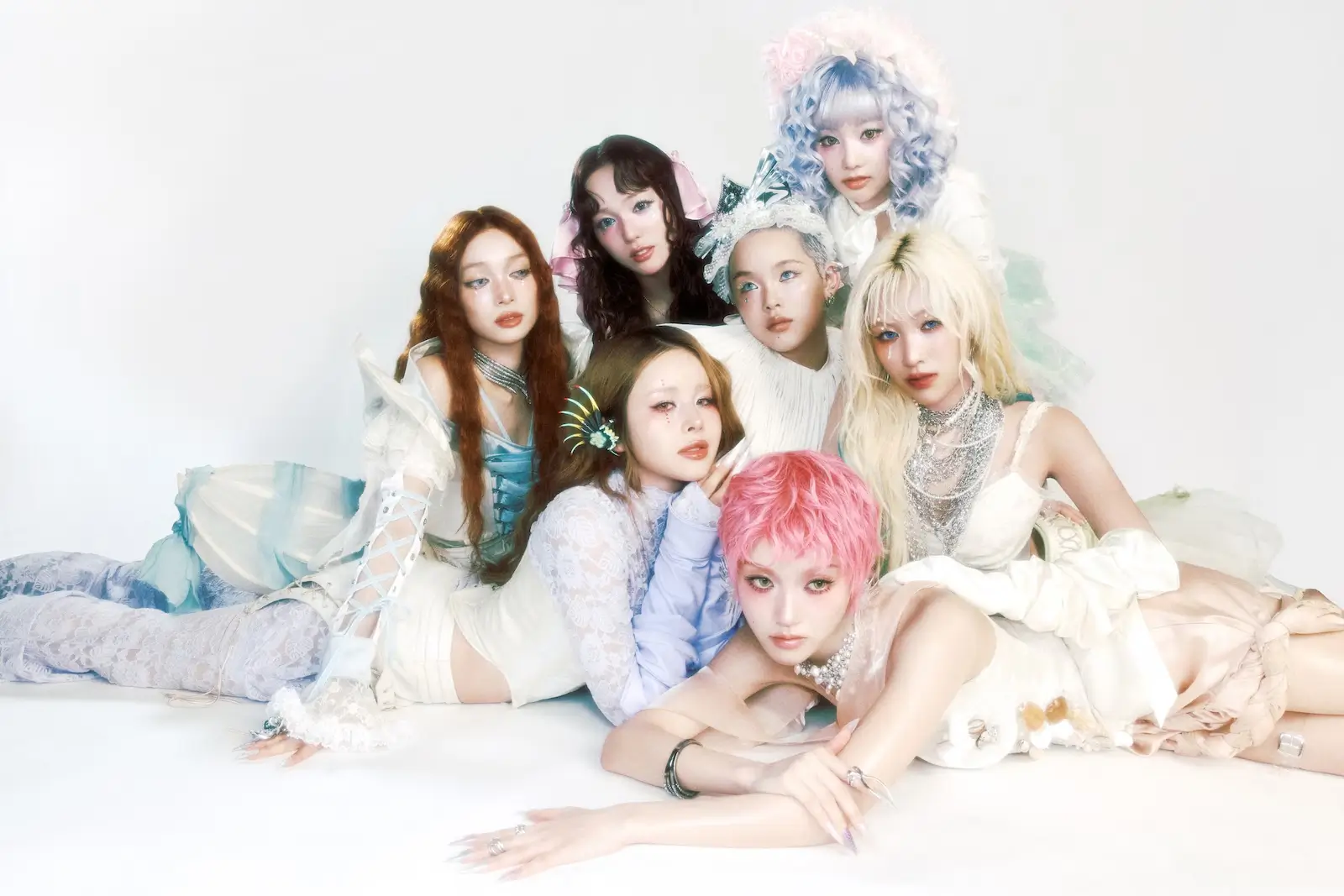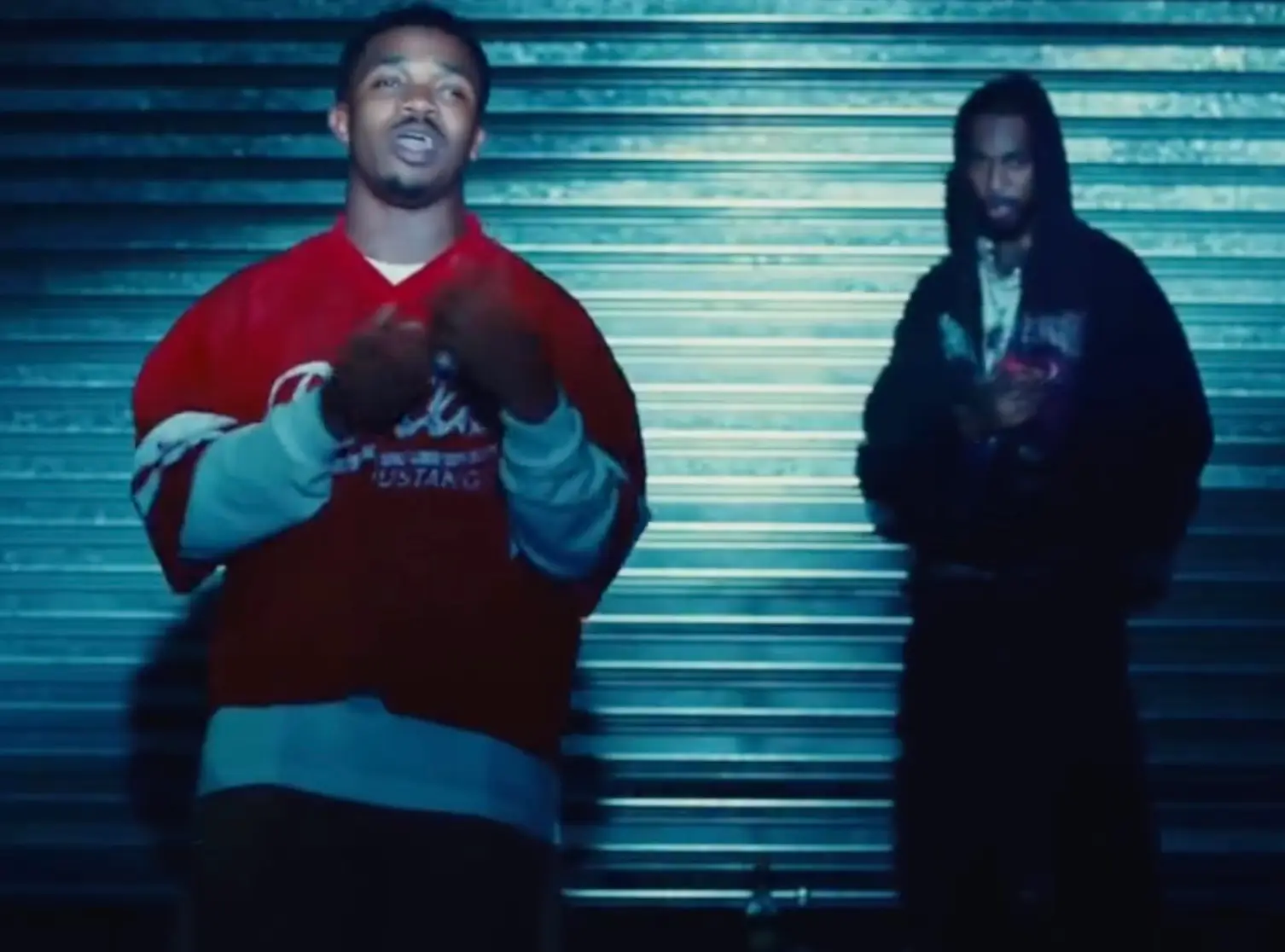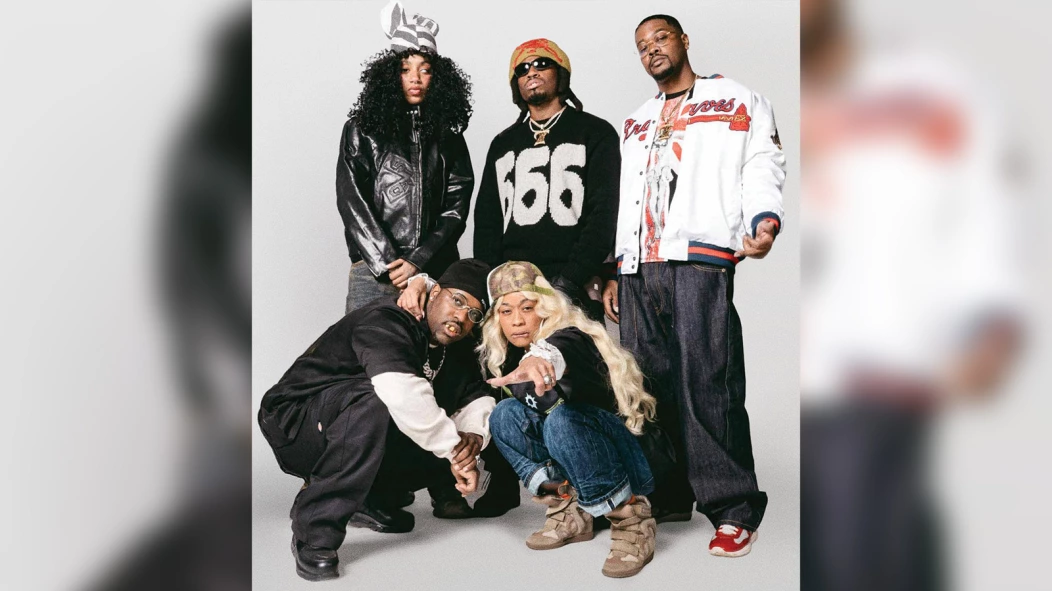In a cultural moment where invincibility is idolized and vulnerability is often hidden behind filters and flexes, Reggie Becton delivers a strikingly honest and deeply melodic rupture through the illusion. His new single, “Die Young”, is not simply a song—it’s an unguarded meditation. A sonic confessional dressed in velvet tones, dissecting the quiet existential dread many artists carry but few dare to articulate.
Becton, known for his raw vocal depth and genre-fluid R&B, doesn’t rely on spectacle or overproduced theatrics here. Instead, he strips back the layers—both sonically and emotionally—to expose the contradictions of chasing dreams in a world that increasingly feels indifferent to the human cost. “Die Young” is lush and sparse, spiritual and secular, melancholic yet imbued with warmth. It pulses with truth.
The Song as Statement: A Ballad for the Burnout Generation
The title Die Young evokes immediate connotation—decades of mythologized music icons lost before their time. But Becton flips the trope. This is not glamorization. It is interrogation. Through minimalistic yet textured production—anchored by low-end synths, moody guitar plucks, and the haunting echo of reverb-heavy percussion—he paints a portrait of a man emotionally on edge, caught between purpose and pressure.
Lines like “How do I survive when the world wants a tragedy?” aren’t metaphorical. They are journal entries sung aloud, resonating with a generation raised on curated images of success, while privately managing depression, overwork, and existential anxiety. Becton’s voice—sometimes wavering, sometimes soaring—becomes both a question and its echo. The track becomes a dialogue between the public self and the private mind.
Reggie Becton’s Signature: Where Soul Meets Stream-of-Consciousness
What sets Becton apart in a saturated field of alt-R&B artists is his ability to balance intimacy with clarity. His lyrics never spiral into abstraction. Instead, they maintain a visceral precision, rooted in everyday struggle and deeply personal mythology.
On Die Young, Becton’s delivery dances between neo-soul warmth and emo-tinged vulnerability. There’s a slight rasp to his tone, a human imperfection that makes the track even more devastatingly sincere. He resists the urge to over-sing or manipulate his emotion through vocal acrobatics. Instead, the pain is measured, letting the words do the work.
Production: Minimalism as Emotional Echo Chamber
Produced with sparse elegance, Die Young employs a lo-fi texture that enhances its emotional weight. The beat doesn’t intrude—it lingers. The instrumental almost hesitates at times, creating the feeling of an internal monologue set to music. It’s atmospheric, nearly ambient, but carries the steady heartbeat of a ballad.
The guitar licks are reminiscent of late-2000s Frank Ocean demos, while the synths echo the loneliness of The Weeknd’s early mixtape era. But Becton’s sonic world is distinctly his own: emotional but not melodramatic, deliberate but not overcalculated.
And then there’s the silence—the negative space in the mix is crucial. It’s in the pauses where the grief breathes, and where listeners project their own feelings of disillusionment, fear, or quiet longing.
Lyrics as Lament, as Armor
Much of the emotional gravity in Die Young rests on the lyrical duality—part confession, part self-protection. There is an undercurrent of dread, yes, but also a fierce refusal to be swallowed by it. The title might suggest resignation, but the verses make clear that this is a fight to live. To feel. To remain intact.
“If I go tomorrow, did I do enough today?” Becton sings, not as a cry for help, but as a philosophical challenge. This is music as therapy, as self-check-in, as refusal to numb out. The song embodies what many quietly feel: that in a culture obsessed with grind and achievement, one’s humanity is often the first thing sacrificed.
The final chorus swells, not dramatically but insistently. It’s not a plea. It’s a whisper refusing to die. It lingers.
Masculinity Deconstructed: A Black Male Vulnerability Rarely Heard
What gives Die Young a deeper cultural resonance is its confrontation with masculinity—especially within the context of Black identity in America. Historically, emotional transparency in male R&B artists has been policed or stylized. But Becton reclaims softness without shame.
In a world that often equates stoicism with strength, Reggie offers a counter-narrative: that emotional visibility is a radical act. That self-preservation is not weakness, but wisdom. That asking, “Will I make it?” is as essential as declaring, “I’ve made it.”
The song’s emotional tone feels like an heir to artists such as D’Angelo, Kid Cudi, and Frank Ocean—men who used vulnerability as instrument and armor. But Becton’s version of this lineage is stripped of mystique. There is no persona here. Just a person.
Context in the Discography: An Artistic Inflection Point
For listeners familiar with Reggie Becton’s previous work—tracks like “RM. 143” or “Streets”—Die Young signals a more pointed introspection. His earlier catalog offered glimpses into romantic dysfunction, ambition, and social complexity. But this track represents a crystallization of theme. It feels like the emotional marrow of his artistic identity.
It’s also a potential pivot into a broader conversation about what R&B can be in 2025: less polished, more personal. Less trend-chasing, more truth-telling. The track doesn’t position itself for charts—it positions itself for catharsis. That, in turn, is what makes it memorable.
No comments yet.








